Why a Culturally Sensitive Approach to Treating Autism Spectrum Disorder is Important
By: Rohan George & Kingston Yogendran
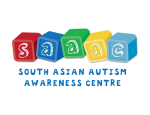
“Developmental disabilities are nothing but a product of karma”; “Autism is caused by unfit mothers”; “No need to see a doctor – kids who aren’t speaking by the age 4 will probably start by age 7” – these were some of the long held beliefs of some families we have encountered over the years. All of these beliefs arose out of misinformation and stigma, which has stifled the way South Asians deal with developmental disabilities, such as autism spectrum disorder (ASD).
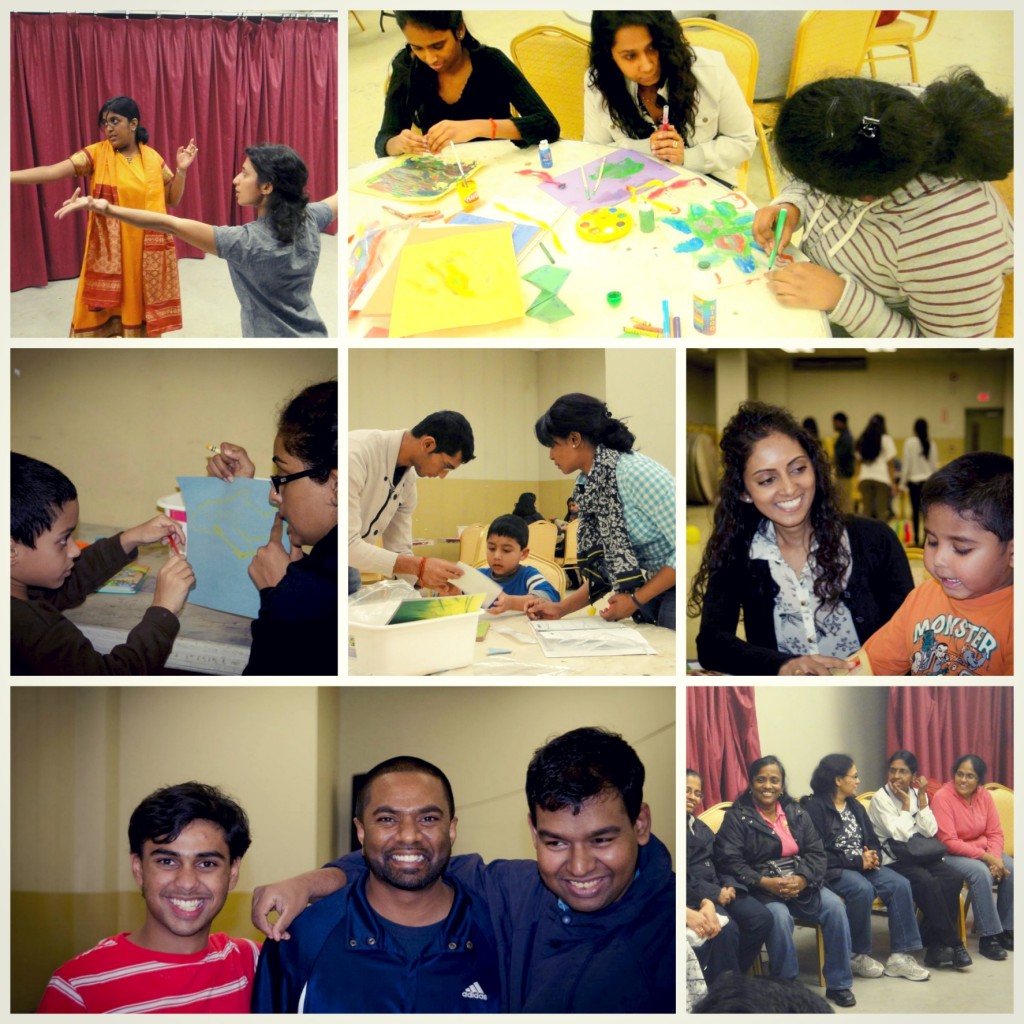
Photo courtesy of: SAAAC
The South Asian Autism Awareness Centre (SAAAC) has been in operation since 2008. Over the course of the past four years, we have been intimately intertwined to how South Asians in the GTA view developmental disabilities.
The depth of which stigma and misinformation has affected how we view disability can be most clearly heard in the vocabulary of South Asian languages. Much of the terms in Hindi, Urdu, Punjabi, Malayalam and Tamil, which describe ASD and related disorders are either narrow and limiting or simply denigrating. Medical jargon that does exist is very rarely used. Rather, derogatory terms, which translate into “retarded” or “crazy” are more common. Accordingly, those labeled as “retarded” and their families are ostracized from society and accusations of bad mothering, karma and general inauspiciousness are made.
Watch our webisode with one mom’s journey
[vsw id=”Ea5mwiUWV48″ source=”youtube” width=”425″ height=”344″ autoplay=”no”]For many South Asian families in the GTA this mix of derogatory labels and societal exclusion are not some far removed events from a land and time far away, but rather, everyday lived realities. These challenges are often complicated by lack of English language skills, unfamiliarity with the mental health system and limited support networks. Families struggle to come to terms with the unique life of supporting the growth and development of a child impacted by ASD– and all of this is usually done alone and in silence.
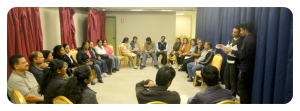
Photo Courtesy: SAAAC
With a constantly expanding South Asian community in Toronto (as of 2006 more than one in ten Torontonians self-identified as South Asian) it is vital that we not only understand the challenges facing the most vulnerable in this community—but we must also have meaningful discussions on how to address those challenges.
For many years misinformation, stigma, and a lack of community driven dialogue and institutions surrounding developmental disability has created a culture of silence. Families, not knowing where to seek support, turn in on themselves looking to hide what they believe is shameful and choose not to voice their struggles. At times this silence is tragic, leaving families overwhelmed and in shambles. Initiatives such as SAAAC look to meet families on basis of shared cultural values and language. This culturally sensitive approach is done through providing a space where families can connect with one another and freely talk about their experiences, usually in their native languages. This encourages a dialogue to develop of how families view and deal with disability, and it serves the larger purpose of piercing the culture of silence that has limited many of these families.
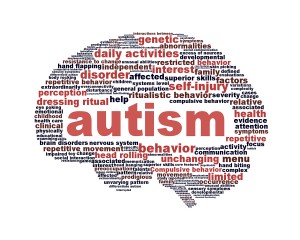
In addition, educational workshops on ASD are conducted in a way where information can be easily understood by families – this is either accomplished through the presence of a translator or a medical/health expert who is very familiar with a South Asian audience. Such an environment allows for families to ask pertinent questions, advice, and also provide their own views on ASD.
A culturally sensitive approach in treating
ASD is effective because it increases engagement. When families understand the information presented to them, when they can freely express themselves and their inquiries, and when they can connect and share their experiences with others, a stronger community is created. No longer are they plagued by silence and a lack of support, but rather they are part of dynamic environment where new, positive ways of seeing and treating ASD and disability are forged.
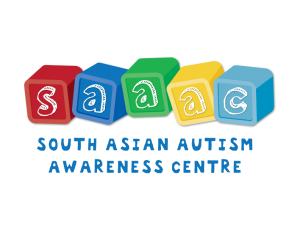 SAAAC is a grassroots initiative that takes a culturally sensitive approach in supporting individuals and families living with ASD. We serve over 100 families in various capacities, offering services such as ABA therapy, speech therapy, music and creative arts programs, and social service support. Our mission is Defeat Ignorance, Embrace Differences, and Conquer Stigmas.
SAAAC is a grassroots initiative that takes a culturally sensitive approach in supporting individuals and families living with ASD. We serve over 100 families in various capacities, offering services such as ABA therapy, speech therapy, music and creative arts programs, and social service support. Our mission is Defeat Ignorance, Embrace Differences, and Conquer Stigmas.
What are your thoughts on autism in the South Asian community – are we talking about it? What can we do to support the understanding of this disability? Please leave a comment and join the conversation.


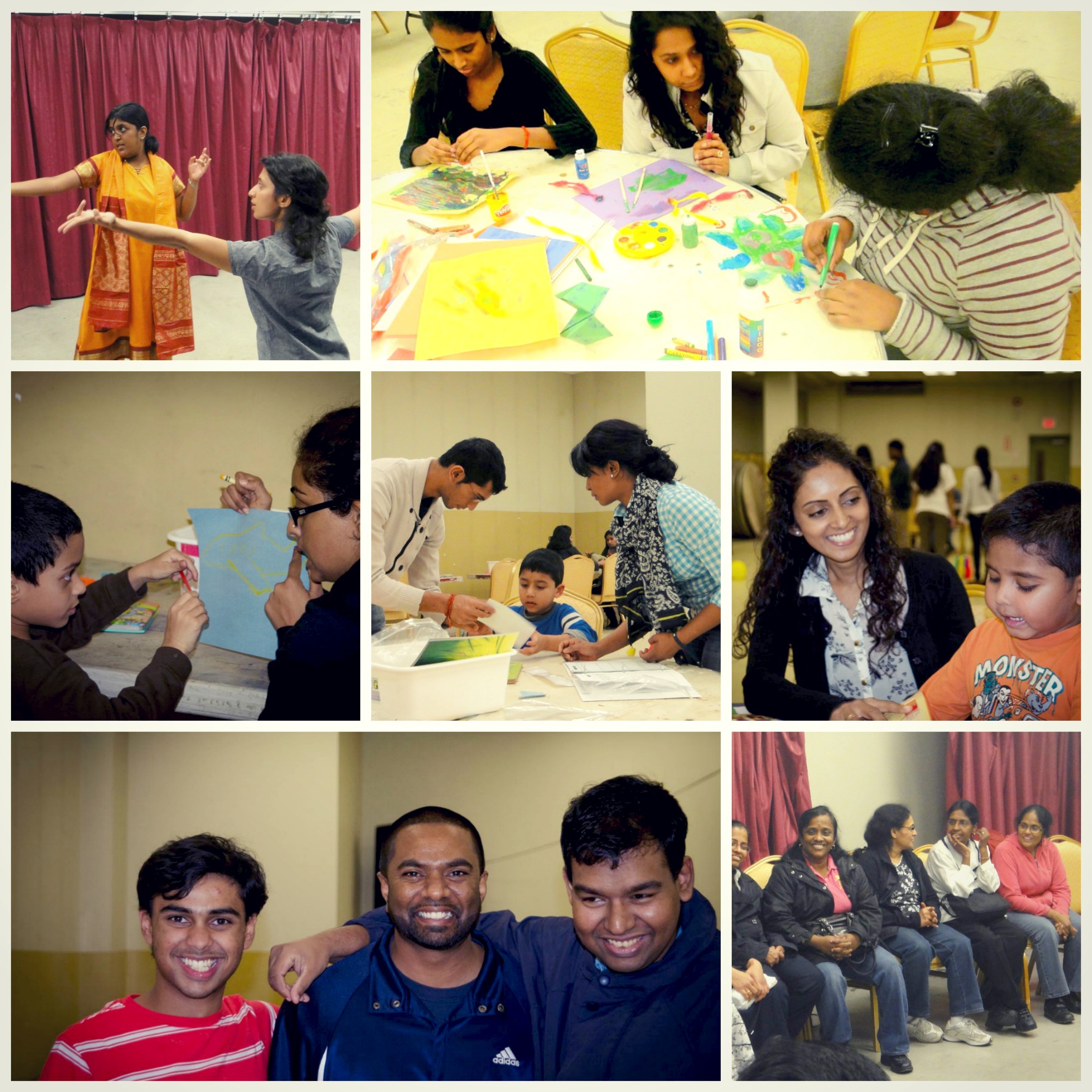
There are no comments
Add yours